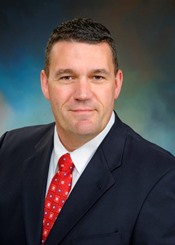Program Information
Supervision: Who, How, and Why
J Clements1*, B Parker2*, (1) Kaiser Permanente, Los Angeles, CA, (2) Univ Texas Medical Branch of Galveston, Galveston, TX
Presentations
WE-D-304-0 (Wednesday, July 15, 2015) 11:00 AM - 12:15 PM Room: 304
Traditional Medical Physics training is based on the scientific and clinical principles of the chosen subfield. With the rigor of current education programs focusing on the science and clinical aspects of Medical Physics, they are often lacking in teaching and mentoring of students with regards to management and supervision skills.
Physicists often find themselves supervising and leading not only physicists, but also other disciplines such as dosimetry, therapy, technical staff, and other support staff (medical or clerical). They also often find that they are lacking in training with regards to supervision of staff. Traditional ‘M’ programs; MBA, MHA, etc. focus on personnel skills along with business management. But Medical Physics programs are sorely lacking in this area. The expectation that OJT is the route to gain this experience is the norm, but this is may not be the most effective or efficient method of learning this skill set.
This session is designed to provide physicists with a basic understanding of the principles and skills of staff supervision and leadership. Specifically:
• Understanding different relationships; superiors, subordinates, and peers
• Managing working relationships with those you supervise
• Supervising staff outside your scope of training
• Successful remote supervision
• Supervision vs. mentorship
Contact Email:





